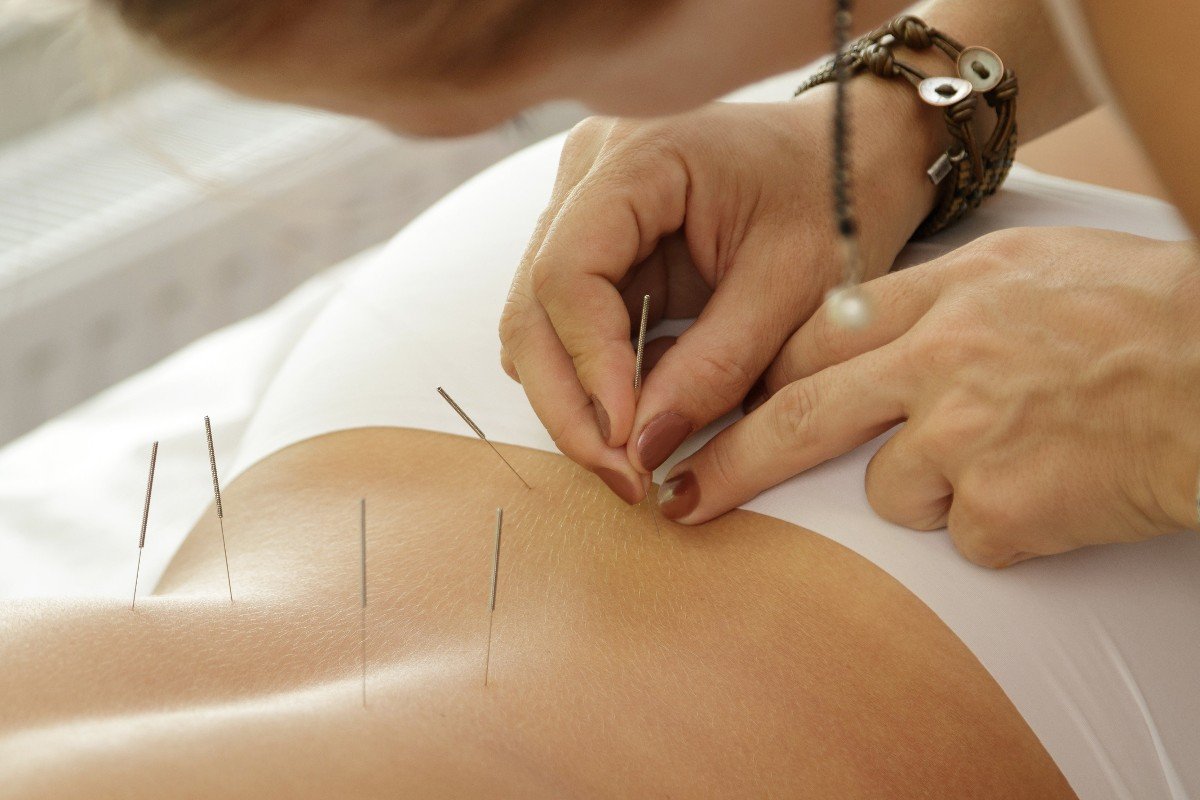TUESDAY, July 9, 2024 (HealthDay News) — For patients with degenerative lumbar spinal stenosis (DLSS) and primarily neurogenic claudicatory pain symptoms, acupuncture may reduce pain-specific disability, reports a study published online July 2. Annals of Internal Medicine.
Lili Zhu, MD, PhD, from the Chinese Academy of Traditional Chinese Medicine in Beijing, and colleagues conducted a multicenter randomized clinical trial at five hospitals in China in patients with DLSS and primarily neurogenic claudication pain symptoms. Over a six-week period, patients received 18 acupuncture treatments or sham acupuncture treatments (SA, 98 treatments in each group). Patients were followed up for 24 weeks after treatment.
The researchers found that at baseline, the mean scores on the Modified Roland Morris Disability Questionnaire in the acupuncture and SA groups were 12.6 and 12.7, respectively, which decreased to 8.1 and 9.5, respectively, after 6 weeks, for an adjusted difference in mean change of -1.3, representing a 43.3% greater improvement with acupuncture than with SA. After 6 weeks, the between-group differences in the proportion of participants who achieved minimal and large clinically meaningful improvement were 16.0% and 12.6%, respectively. Three treatment-related adverse events were reported in each group, all of which were mild and transient.
“Acupuncture may reduce pain-specific disability in patients with DLSS, but the minimal clinically important difference was not achieved when compared with SA,” the authors wrote. “Further studies are needed to investigate the effect of acupuncture on walking ability in patients with DLSS using non-penetrating acupuncture as a sham control.”
Abstract/Full text (subscription or payment may be required)

